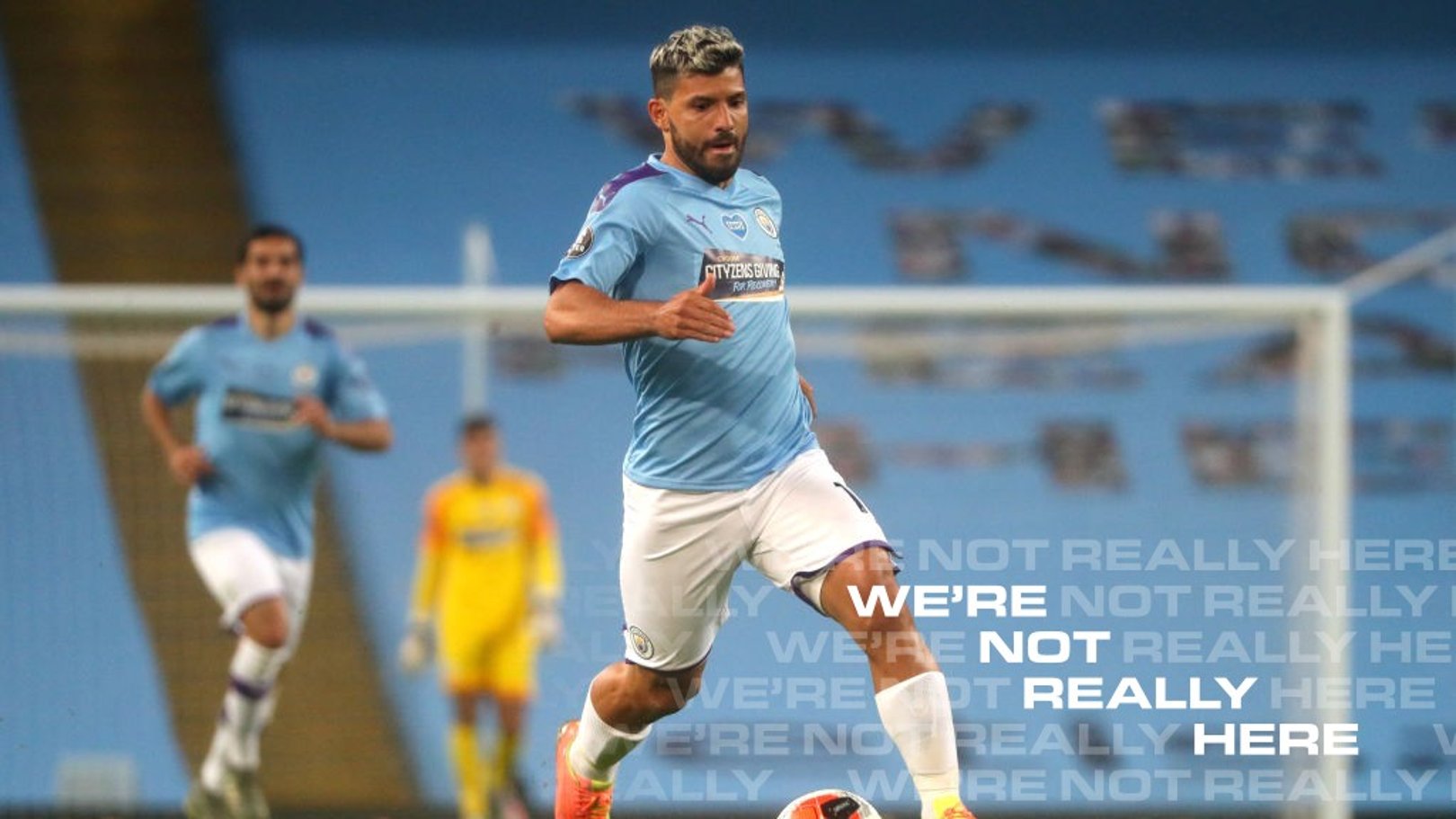A health pandemic has swept the globe. COVID-19, an infectious disease caused by the most recently discovered Coronavirus, has so far taken the lives of 440,000 people, the world as we knew it replaced by one defined by social distancing, economic uncertainty, hand sanitizer and empty bars and restaurants.
Football’s return has been an arduous journey. On March 11, City’s game against Arsenal was postponed as a precautionary measure after Olympiakos owner Evangelos Marinakis contracted Coronavirus just two weeks after the Greek side had hosted the Gunners. Two days later, all elite football in Britain was suspended until at least April 3 as a result of the spread of Coronavirus, and by March 23, the UK Prime Minister, Boris Johnson, had announced the country was going into lockdown.
Nobody then could have foreseen the length of time the game would be in abeyance.
It’s been a troubling time for the entire world, which is why, as lockdown measures are easing, the return of the game we love has been met with excitement by so many. In such uncertain times, the escapism football offers will provide comfort and familiarity.
On June 1, the government announced measures allowing sport to take its first tentative steps towards a return, and 17 days later, City played the first of 10 remaining Premier League matches to be packed into a somewhat fraught 40-day period before the season is concluded on July 26. Despite just three weeks on the training field to prepare for such a gruelling schedule, the players looked surprisingly fresh and inventive, winning the game 3-0.
Exclusive content: City+ | https://www.mancity.com/citytv/city-plus
But this was no ordinary occasion. Without fans, the Etihad Stadium seems a colder, less commanding presence. The players feed off our supporters’ passion and for the remainder of the season, they won’t be there.
There is no substitute for fans and the atmosphere they create, and this period of behind-closed-doors football – as we’ve seen in Germany and Spain – puts their importance into even sharper focus. It’s less intense and less of a spectacle without them.
But unprecedented times require unprecedented measures. The club worked tirelessly to comply with Premier League rules and get this game on. No risks were taken, with the usual matchday routine torn up and replaced by a completely new set of rules.
As a journalist covering the game for the official club channels, I had to fill in a Coronavirus health questionnaire on the morning of the game, before having a temperature check upon arrival at the Etihad. I was then handed a one-off accreditation, rubber gloves and a face mask, before taking my seat inside an almost deserted press box. No food, no contact with other journalists or staff – just the minimum amount of people needed to get the game played and reported.
The stands were decorated beautifully with giant banners, and there were screens either side of the goal with faces of City fans across the world, a reminder for our players of the love people have for this great football club.
CITY FANS | We need your feedback!
STAY SAFE | City face coverings
There were compulsory water breaks and up to five substitutions because the players have had just three weeks to prepare and there are concerns around fitness levels. Handshakes during the pre-match pomp and ceremony were prohibited. A minute’s silence to reflect on lives lost – including City legend Glyn Pardoe, who recently passed away aged 73 – before the players knelt to show solidarity with the Black Lives Matter movement sweeping the globe. There can have been few more sombre, sobering starts to a football match.
Built-in breaks, no singing or chanting and more substitutes than ever before: this the reality of Premier League football for the remainder of the 2019-20 season.
It isn’t football as we know it – or as we’d ideally want it – but it was great to see it back. It’s been a long 101 days.








